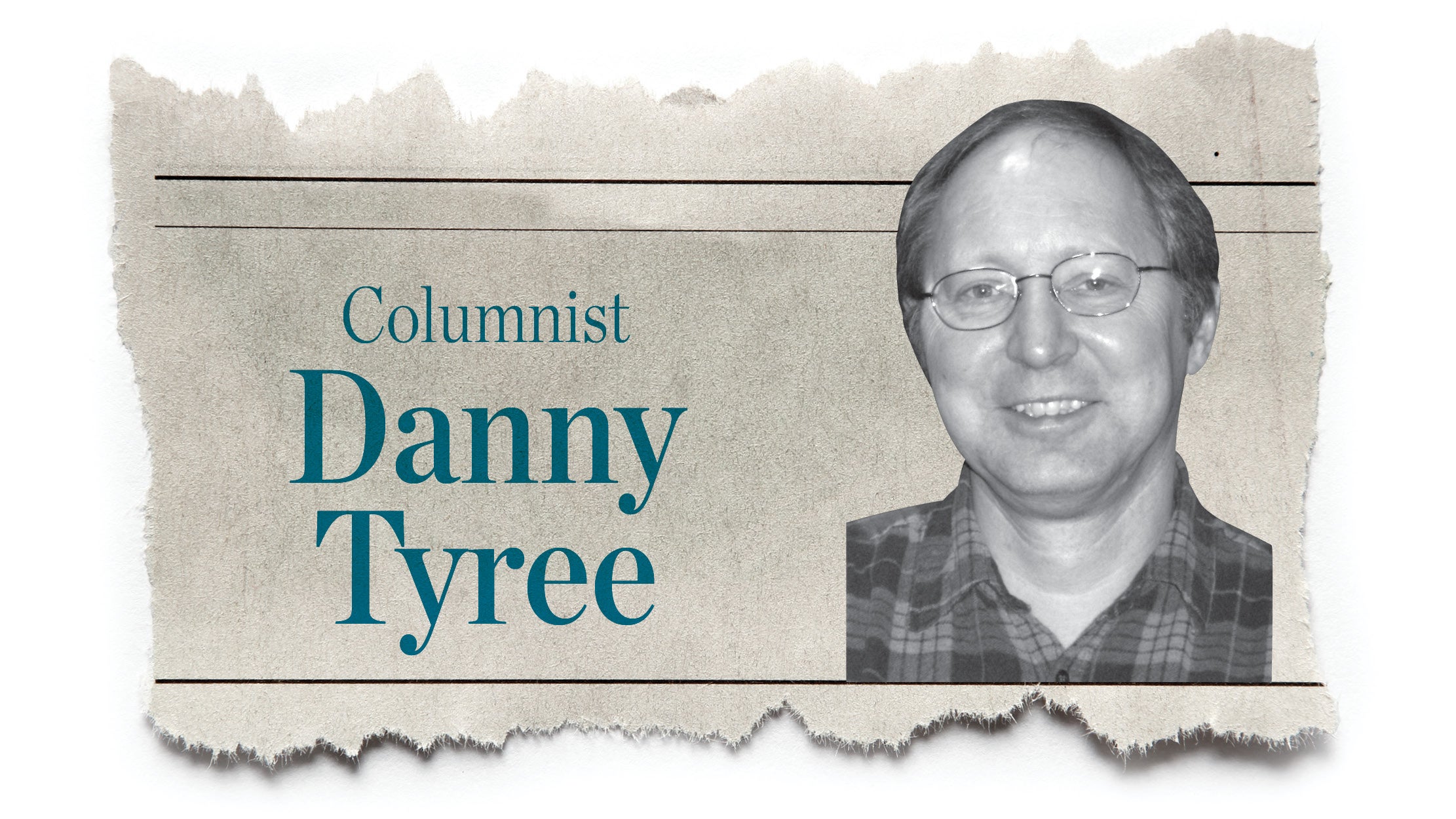Leaf removal should be real community effort
Published 10:19 am Tuesday, November 15, 2011
I don’t know what’s prettier: Ironton when the dogwood blooms in the spring or this season when the leaves are spectacular and pumpkins and mums decorate yards and businesses everywhere.
The city workers have allowed the trees to grow and spread more than they have done in recent years, adding extra color to downtown streets. This, combined with the big pots of pansies scattered around, gives our town a festive air that lifts the heart and has a calming effect on the spirit.
Of course, to have this kaleidoscope of colors that pleases the eye, one has to contend with cleaning up the leaves as Thanksgiving and winter approach.
I had a good conversation recently with Mike Pemberton, the man who wears many hats in our city, including overseeing the street and sanitation departments. He says leaves present their own special set of problems.
The landfill really isn’t prepared to accept them, the sanitation truck drivers get behind schedule when they are confronted with the regular three bags of house refuse plus 10 bags of leaves at many residences, and the street sweeper simply cannot handle great piles of leaves, especially dry ones.
Mike says the land on which leaves have been dumped in the past is no longer available, and even if it were, the EPA requires a controlled compost area that includes things such as a leaching system to make sure runoff doesn’t pollute open waterways.
He says they do their best to help residents by using a front end loader to pick up leaves that are pushed to the curb, but that this method is limited since they must wait until most leaves have fallen and pick a time when they are wet and packed down before the end loader will do the job.
It seems apparent that Mike and his crew are doing everything they can to get us through the leaf-cleaning season as painlessly as possible.
Our conversation made me wonder if this is one of those instances where we citizens should not expect an already short-handed city government to solve the problem single-handedly. I’m thinking there are some things we can do to help. After all, we planted the trees for our own benefit and pleasure.
I have a good neighbor who has more trees than I do, but I have more shrubbery and plants than he, and they all need mulched for winter.
I’ve noticed that spreading the plastic-bagged wood chip mulch around my house tends to encourage unsightly mildew to run up its white siding. My neighbor is glad to bring his leaf mulch over and spread it around my plantings rather than bag it for the garbage truck.
This solves my mildew problem and the dead leaf mulch can just be worked into the soil next spring. I find that a light covering of leaves can be mulched with a regular mower and left to enrich the lawn or bagged to spread elsewhere.
My neighbor’s mulcher is not as fast as blowing the leaves to the curb, but it really compacts a leaf pile and is a pleasant task that serves us both and doesn’t leave any cleanup for the city. What if everyone on one’s block did this to a greater or lesser degree?
Several residents have large backyard gardens that could be enriched with a covering of leaf mulch. Or what if a farmer out of town agreed to picking up leaf mulch in his pickup or would let you dump it on his field?
One could use The Tribune’s free “miscellaneous” ads to communicate who has mulch and who needs it.
If a large number of us made this kind of effort, the city workers would only have to take care of those elderly or disabled residents who are no longer able to do the work involved.
Give this some thought before you get those blowers out and expect the city to magically make the leaves disappear. You might well come up with an even better solution and a way to put them to good use.
Judy Sanders is an Ironton resident and a volunteer with the Ironton In Bloom organization.





